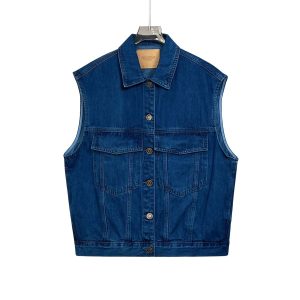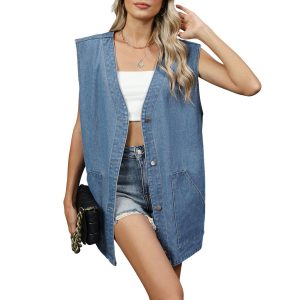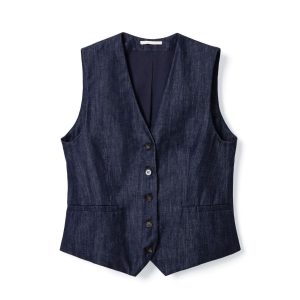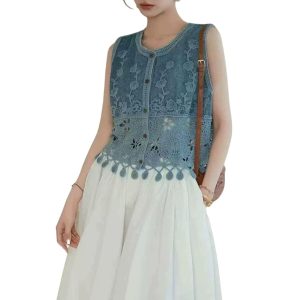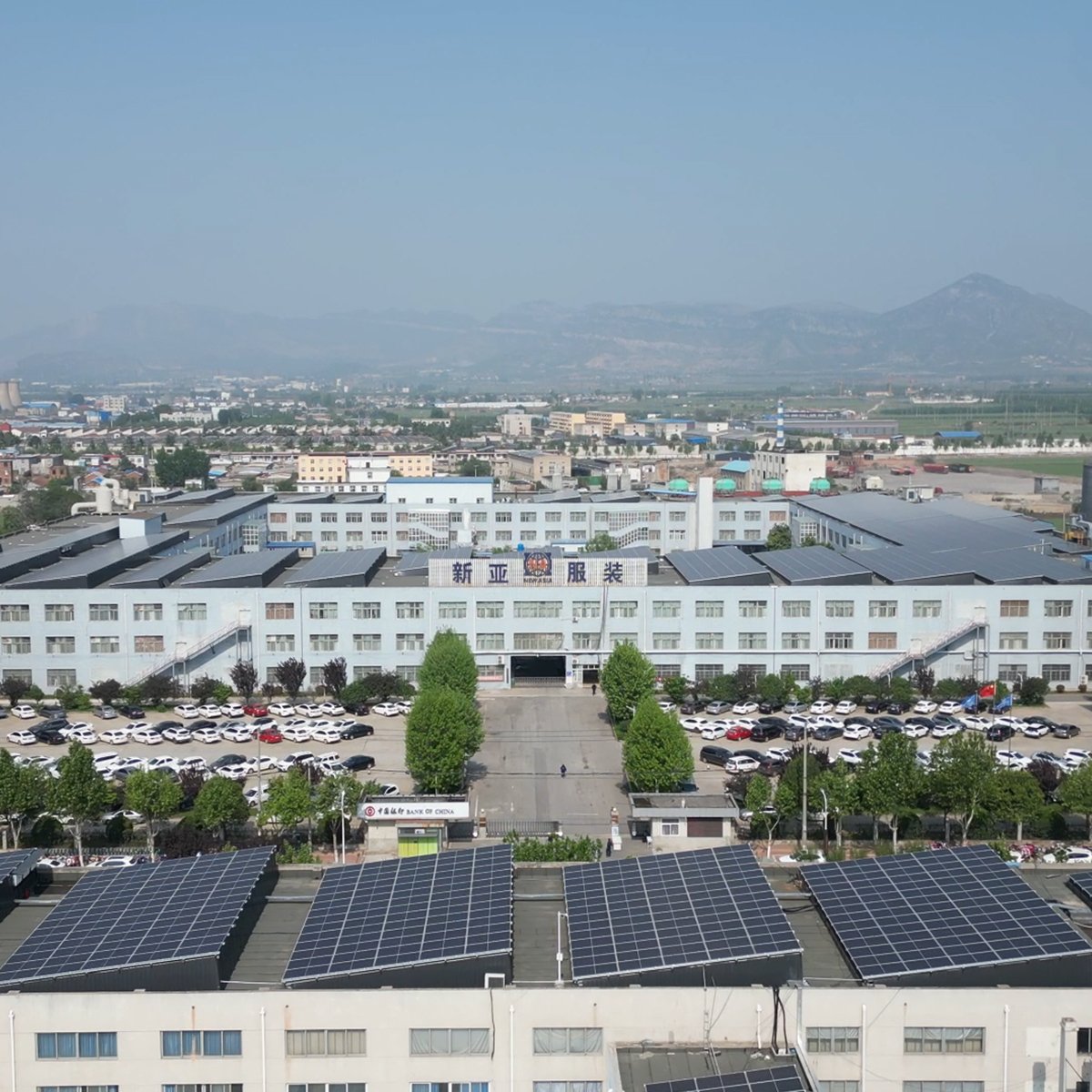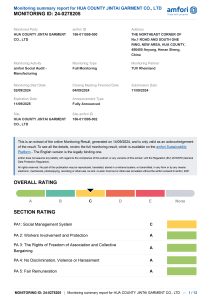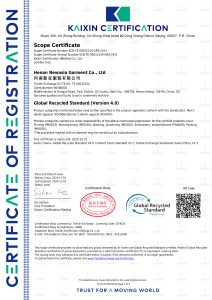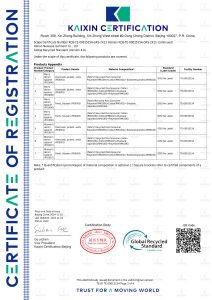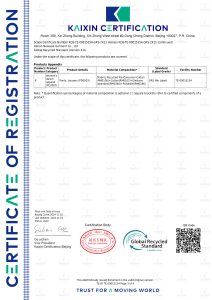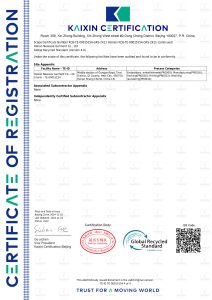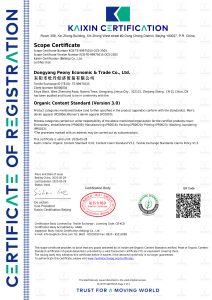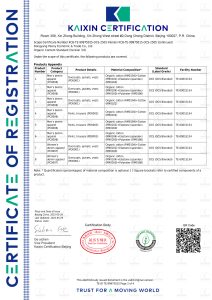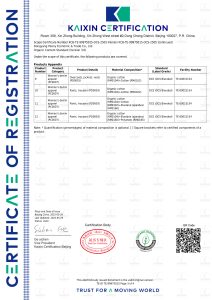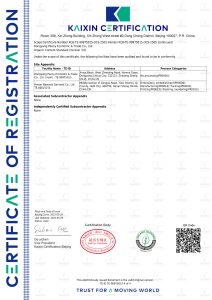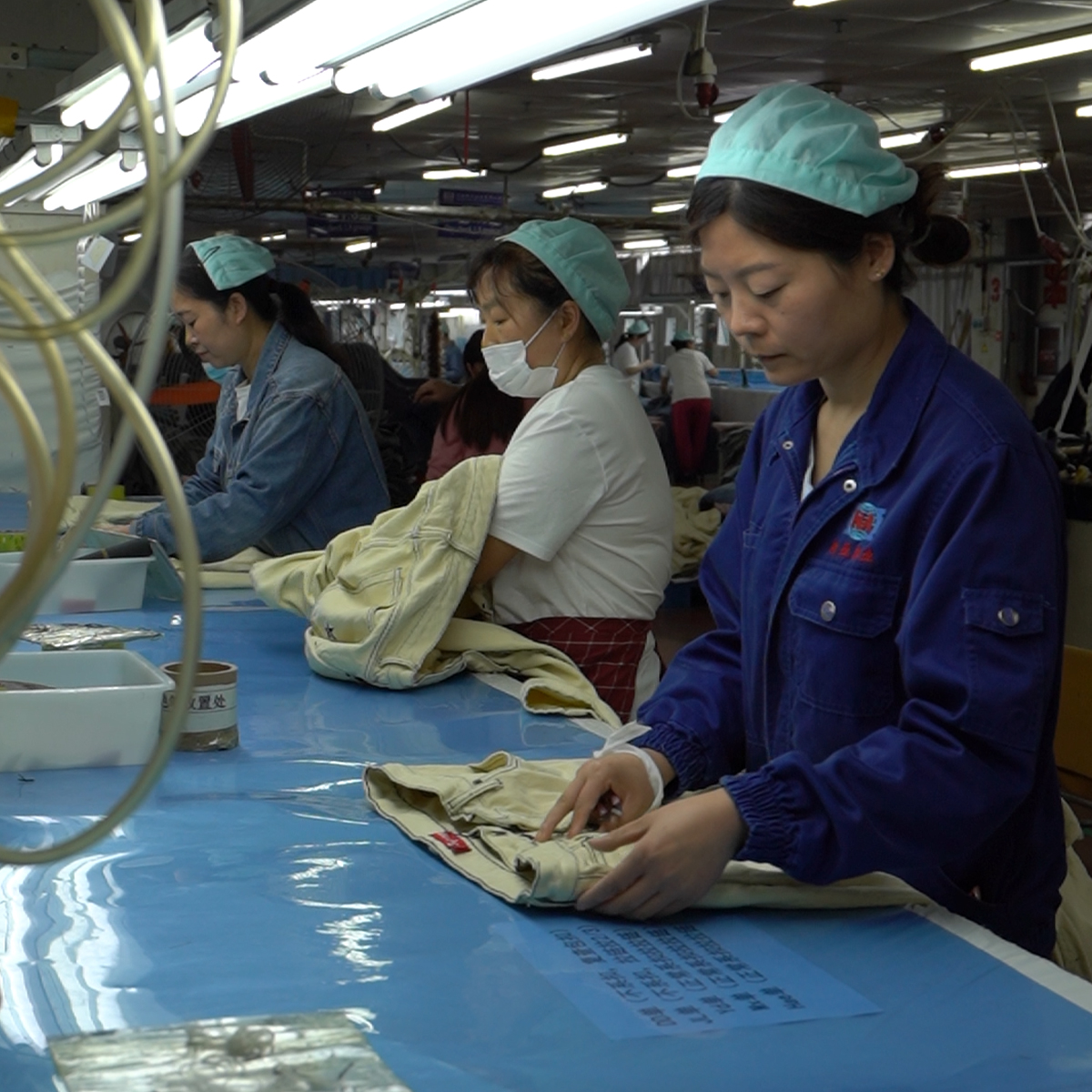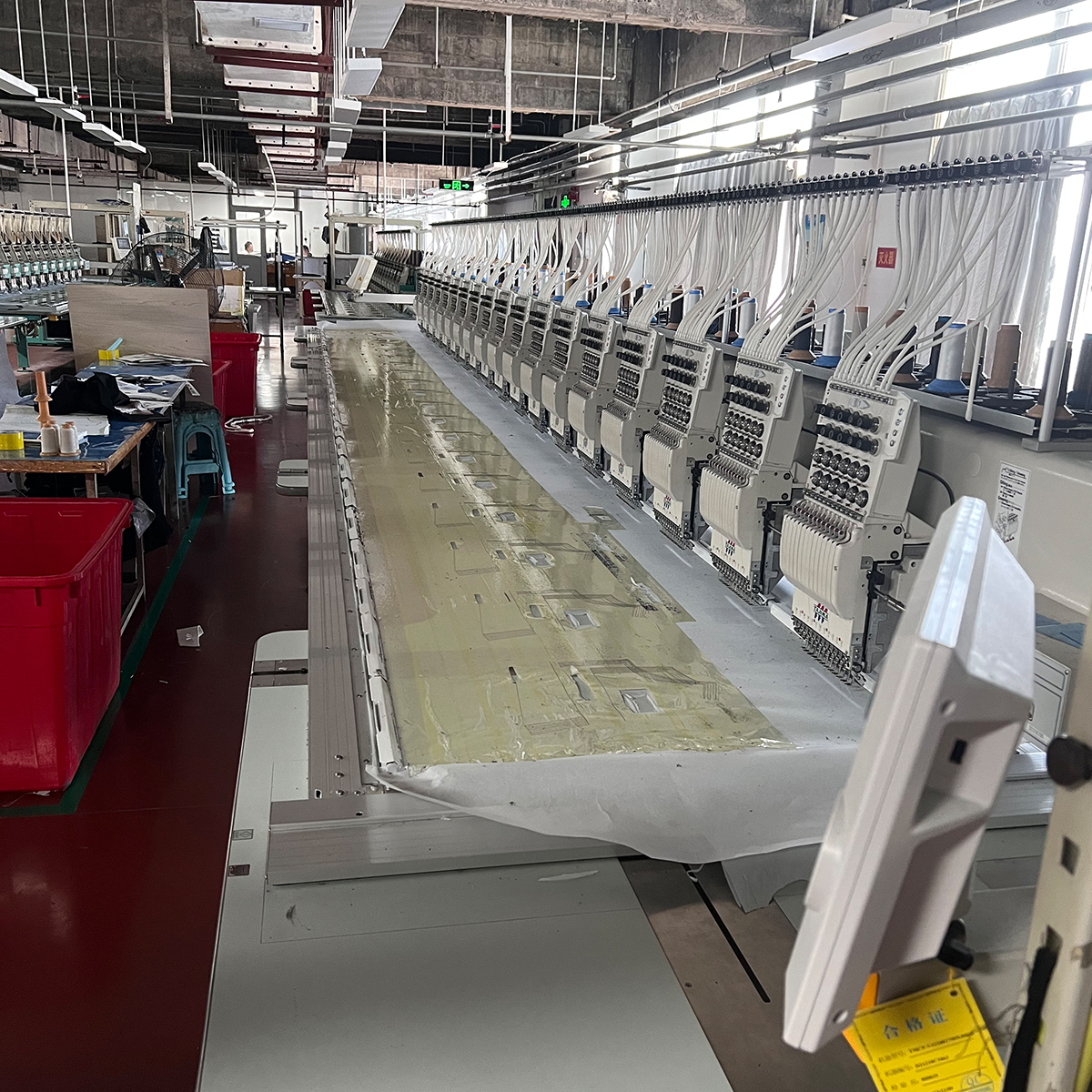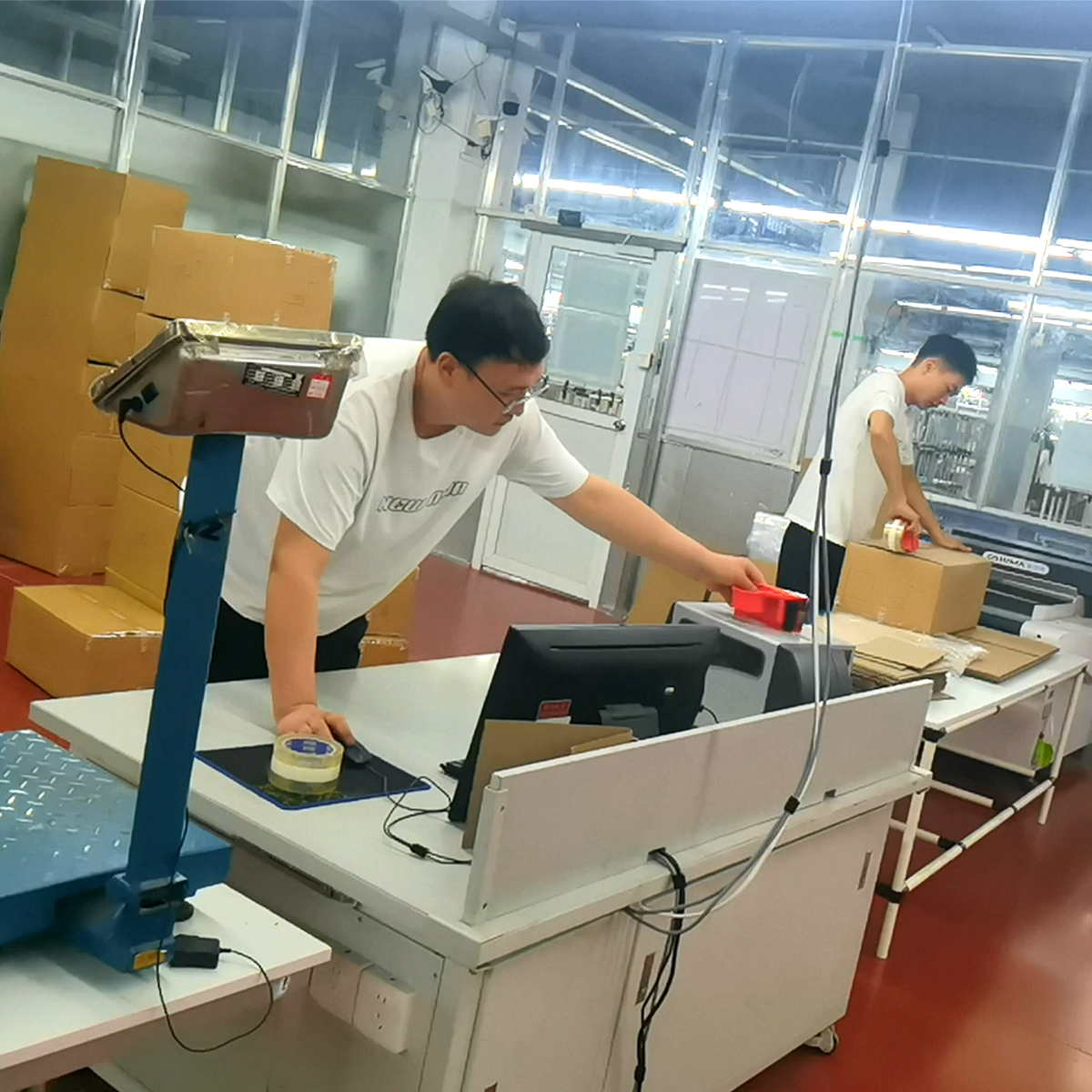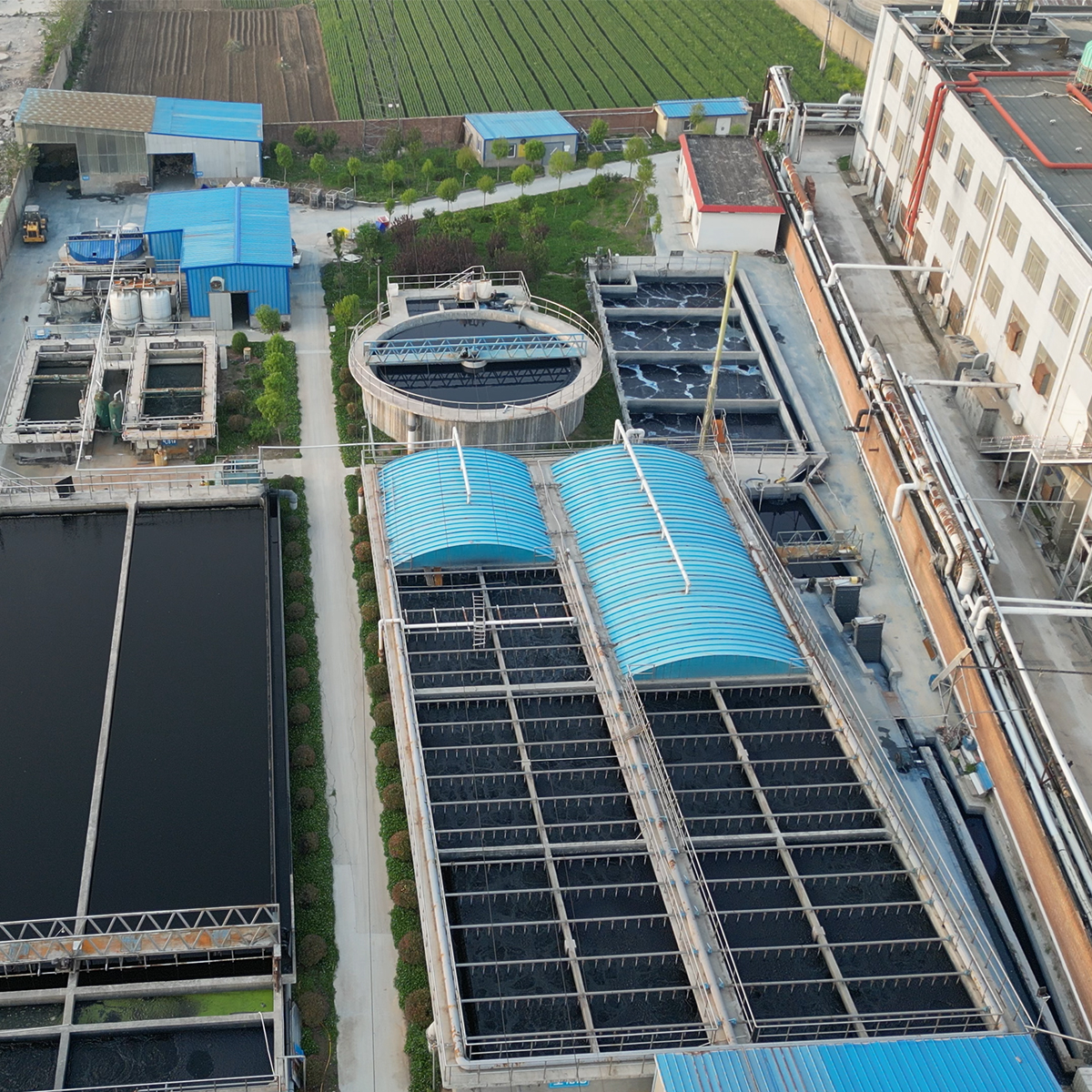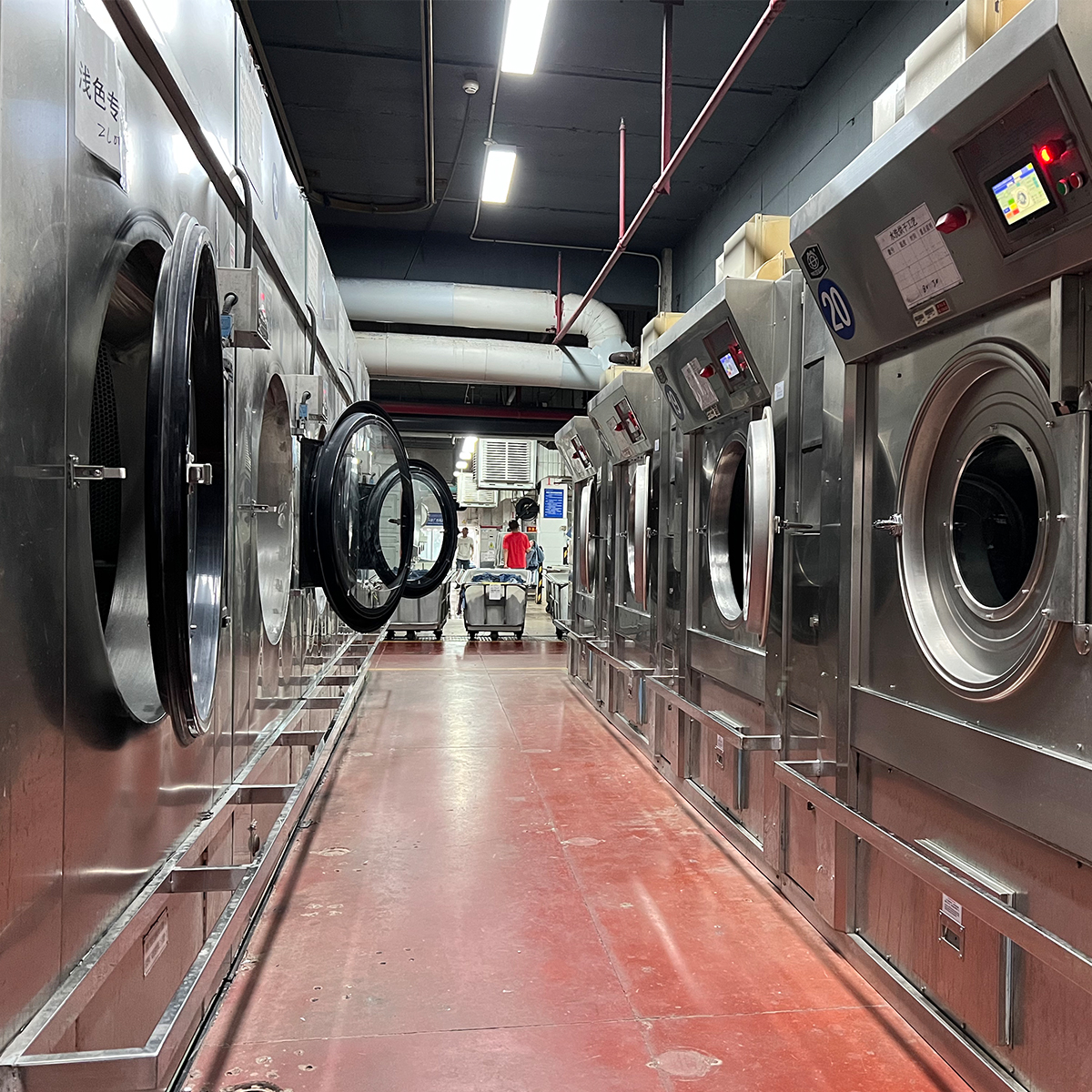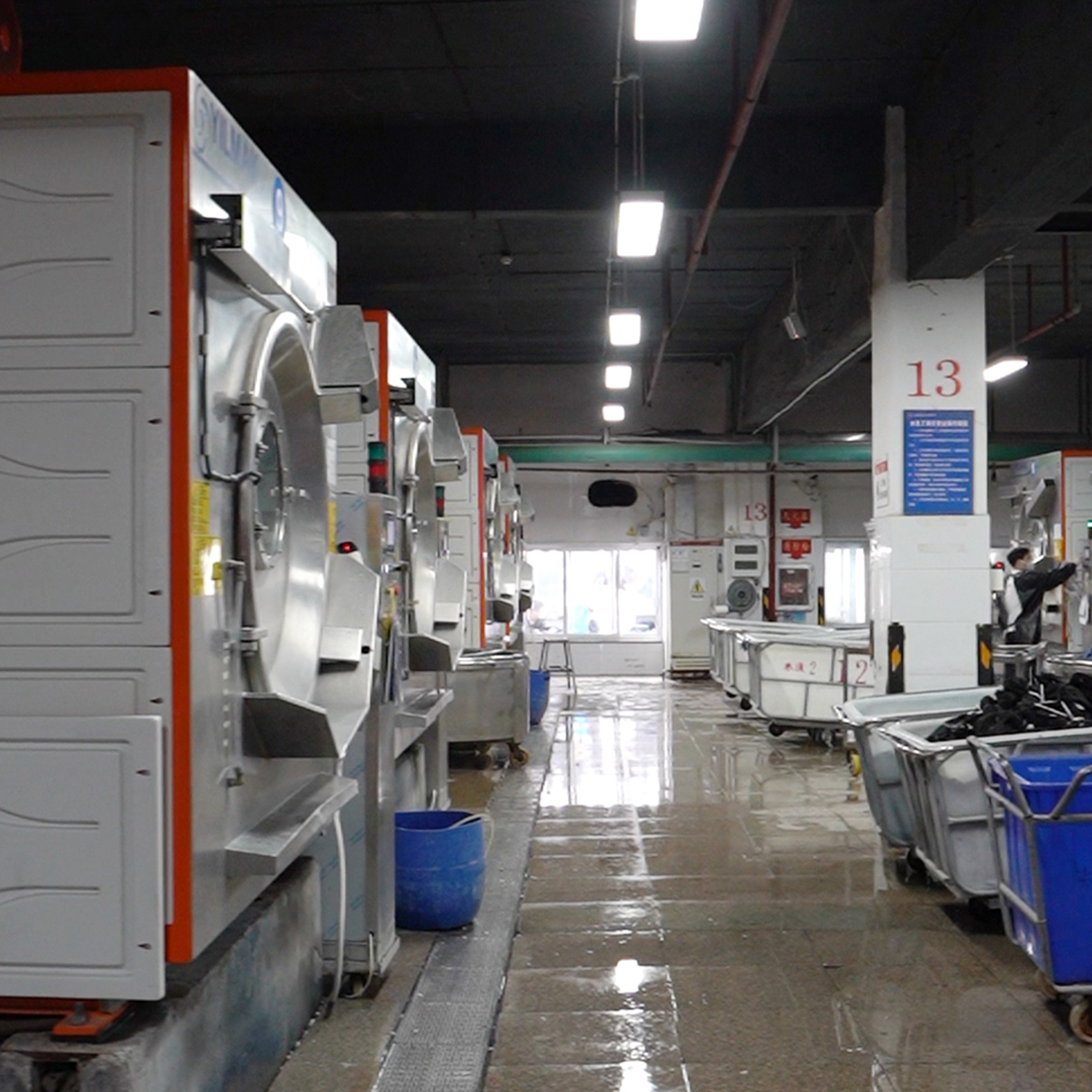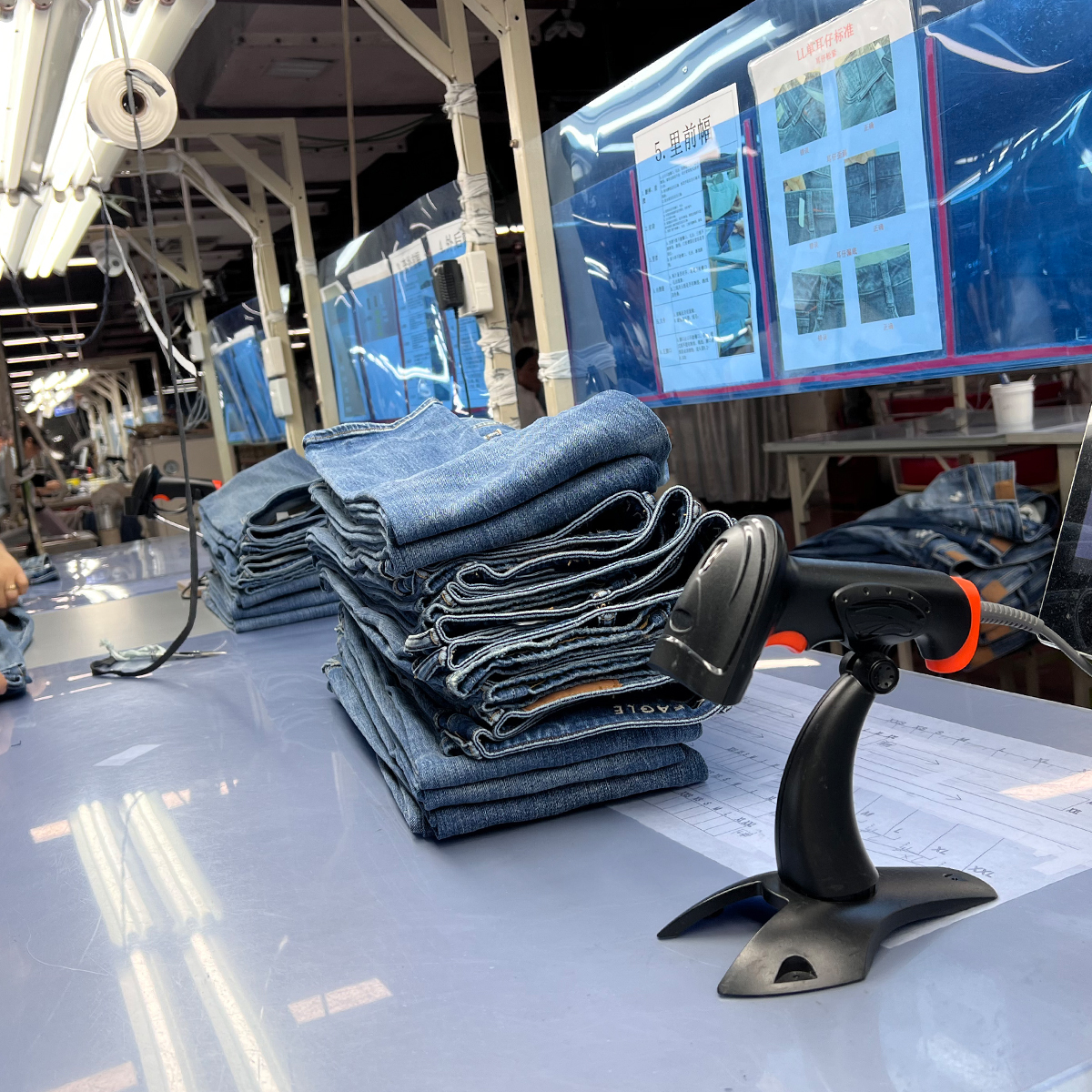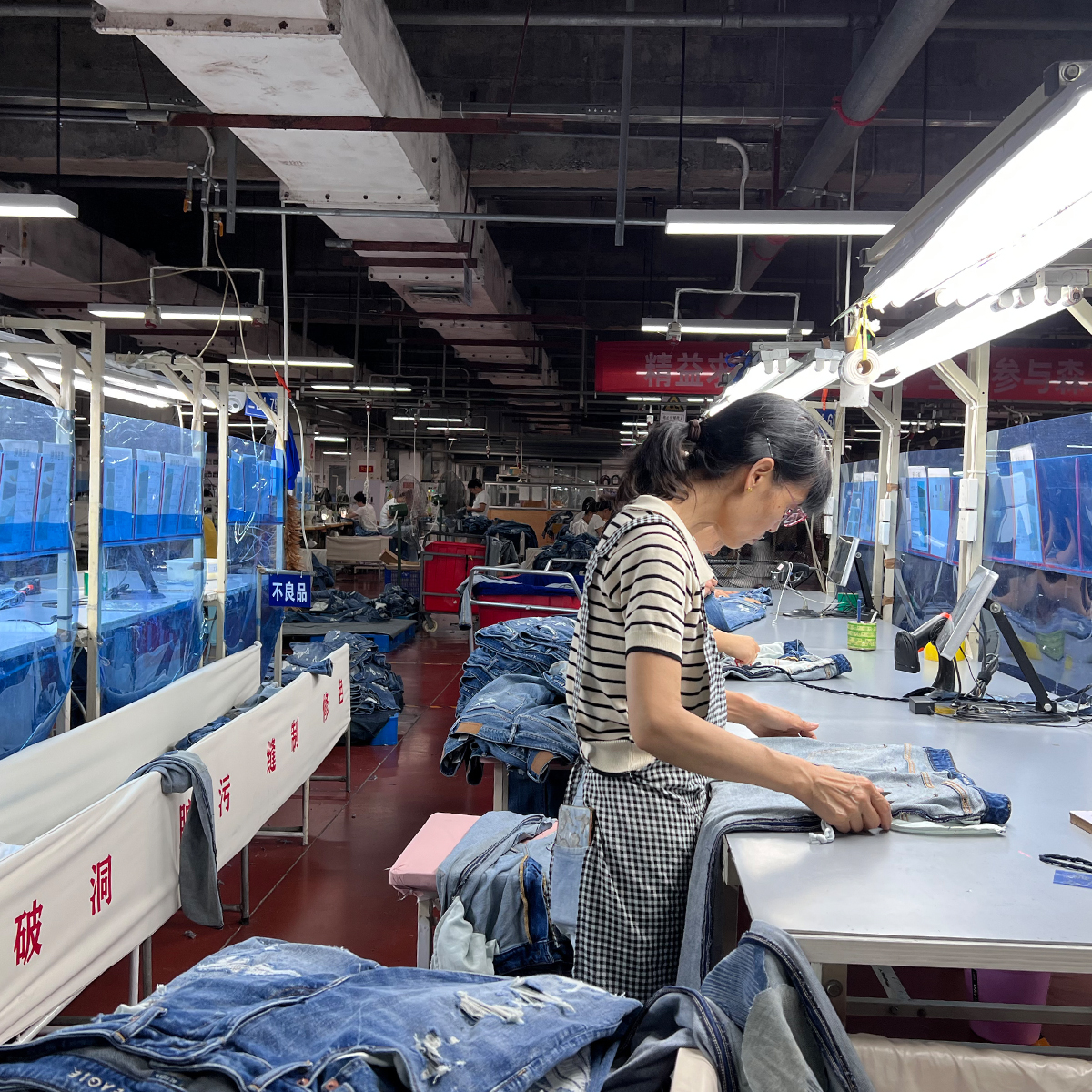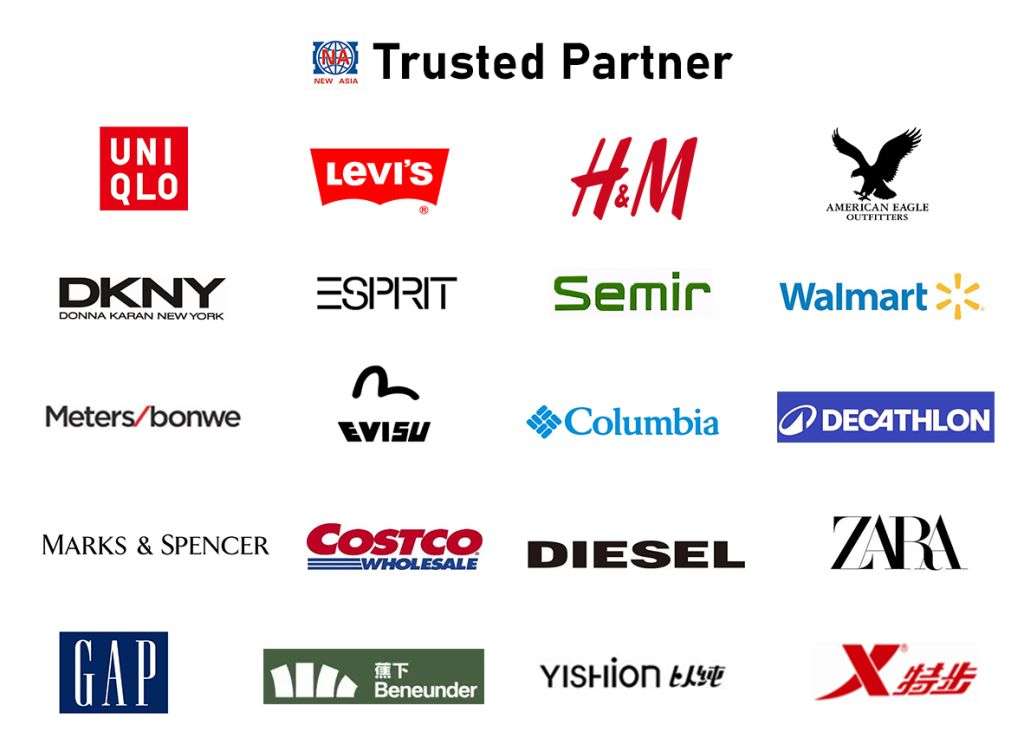As the world grapples with the urgent need for sustainability, the fashion industry is undergoing a significant transformation. Traditional practices have proven detrimental to the environment, catalyzing a movement towards eco-friendly solutions. At the forefront of this revolution are recycled material clothing manufacturers, redefining how we perceive and engage with fashion. This article delves into ten pioneering companies that harness recycled materials, ensuring that style does not come at the expense of our planet.
1. Patagonia: Pioneering Eco-Conscious Apparel
Founded in 1973, Patagonia has consistently championed environmental stewardship. Renowned for its high-quality outdoor wear, Patagonia integrates recycled materials, including plastic bottles and discarded textiles, into its products. Their commitment transcends mere marketing; they actively encourage customers to repair and recycle their clothes, fostering a culture of longevity over disposability.
2. Reformation: The Trendsetter of Sustainable Fashion
Reformation has made a name for itself by seamlessly blending sustainability with style. Utilizing eco-friendly fabrics, including recycled water bottles, the brand produces garments that are not only trendy but also relatively low in carbon footprint. Their transparent approach to providing information on the environmental impact of their clothing has resonated with a conscious consumer base.
3. Eileen Fisher: Timeless Elegance Meets Responsible Sourcing
With a commitment to sustainable practices since its inception, Eileen Fisher has embraced recycled fibers as part of its product line. The company actively supports circular fashion initiatives, including a take-back program for used garments, ensuring that clothing is repurposed rather than wasted. Eileen Fisher proves that timeless styles can indeed be eco-friendly.
4. Adidas: The Athlete’s Choice for Sustainable Performance
Adidas has stepped up its sustainability game by introducing the Parley line, which consists of shoes and apparel made from recycled ocean plastics. Their innovative approach to performance wear illustrates that sustainability can coexist with athletic needs. Collaborations with organizations like Parley for the Oceans have gained significant attention, making them a frontrunner in the athletic fashion space.
5. Stella McCartney: Luxury Redefined
Stella McCartney has long been an advocate for cruelty-free, sustainable luxury fashion. Her brand utilizes innovative recycled materials, including polyester derived from plastic bottles, to create high-end apparel. Committed to ethical practices and transparency, McCartney has set a high standard for luxury brands aiming for sustainability.
6. Outerknown: Style with a Purpose
Founded by surfer Kelly Slater, Outerknown stands as a testament to the belief that fashion can be both stylish and sustainable. The brand incorporates recycled materials, particularly in its swimwear and casual wear lines. Outerknown emphasizes worker welfare and sustainable sourcing, ensuring that its entire supply chain adheres to eco-friendly principles.
7. Amour Vert: Eco-Conscious Designs for Every Day
This California-based brand is dedicated to producing sustainable basics, incorporating recycled materials wherever possible. Amour Vert crafts timeless pieces while prioritizing ethical manufacturing practices. Their “Green Tee” program plants a tree for each t-shirt sold, illustrating a commitment to giving back to the planet.
8. Girlfriend Collective: Activewear for All Body Types
Girlfriend Collective has revolutionized the activewear segment by focusing on inclusivity and sustainability. Their leggings, made from recycled materials such as plastic bottles, are an embodiment of both performance and ethical fashion. They have created a community-driven brand that resonates with environmentally aware consumers who seek stylish workouts.
9. Levi’s: The Jeans That Respect the Planet
Levi’s, a staple in denim, is integrating recycled materials into its production processes. The brand’s Water Pangaia is at the forefront of textiles innovation, utilizing groundbreaking materials like seaweed and recycled plastic to create its fashionable and sustainable products. The brand’s focus on science-driven sustainable fashion exemplifies how creativity and technology can merge to produce eco-friendly solutions in a contemporary marketplace. The transition to recycled material clothing is more than just a trend; it represents a movement towards a more sustainable future. By choosing products made from recycled materials, consumers can significantly reduce their environmental impact. The manufacturing of recycled fabrics typically consumes less energy, reduces greenhouse gas emissions, and decreases the volume of waste in landfills. Additionally, opting for recycled materials encourages companies to adopt more sustainable practices, thus securing a more sustainable future for generations to come. With conscious consumerism on the rise, the power lies with individuals to transform industry standards by supporting brands committed to ethical practices. The landscape of retail is shifting as consumers become increasingly aware of the impact their purchases have on the environment. Today’s shoppers are more informed than ever, seeking brands that align with their values. This newfound consciousness is pushing manufacturers toward adopting circular economy principles and ethical production methods. Education is a powerful tool in this quest for sustainability. Brands that take the initiative to share their practices and educate consumers about the benefits of recycled materials are often the ones that resonate most with conscious buyers. Transparency about materials, production processes, and overall environmental impact cultivates trust, fostering customer loyalty. The future of fashion lies in innovation. As technology advances, the potential for more efficient recycling methods and sustainable fabric creation continues to grow. Brands are increasingly collaborating with scientists and researchers to improve existing processes and explore novel materials. We can also expect to see an expansion in product ranges, with more sustainable options available across various fashion categories. Major fashion retailers are beginning to incorporate recycled materials into their lines, proving that sustainable fashion can reach mainstream consumers. The challenge lies in balancing innovation with affordability to ensure that eco-friendly choices are accessible to all. As we navigate through this crucial juncture, it is essential to support manufacturers that invest in sustainable practices. Each garment crafted from recycled materials not only tells a story of ingenuity but also reflects a collective commitment to preserving our planet for future generations. In conclusion, the rise of recycled material clothing manufacturers is a promising sign that the fashion industry is taking steps towards a more sustainable future. Embracing eco-friendly practices is not just beneficial for the environment; it offers consumers a chance to express their values through their clothing choices. As we look ahead, the role of these manufacturers will be pivotal in shaping a fashion landscape that prioritizes both style and sustainability.10. Pangaia: The Future of Fabric Technology
Why Choose Recycled Material Clothing?
The Shift in Consumer Mindset
The Future of Recycled Material Fashion



